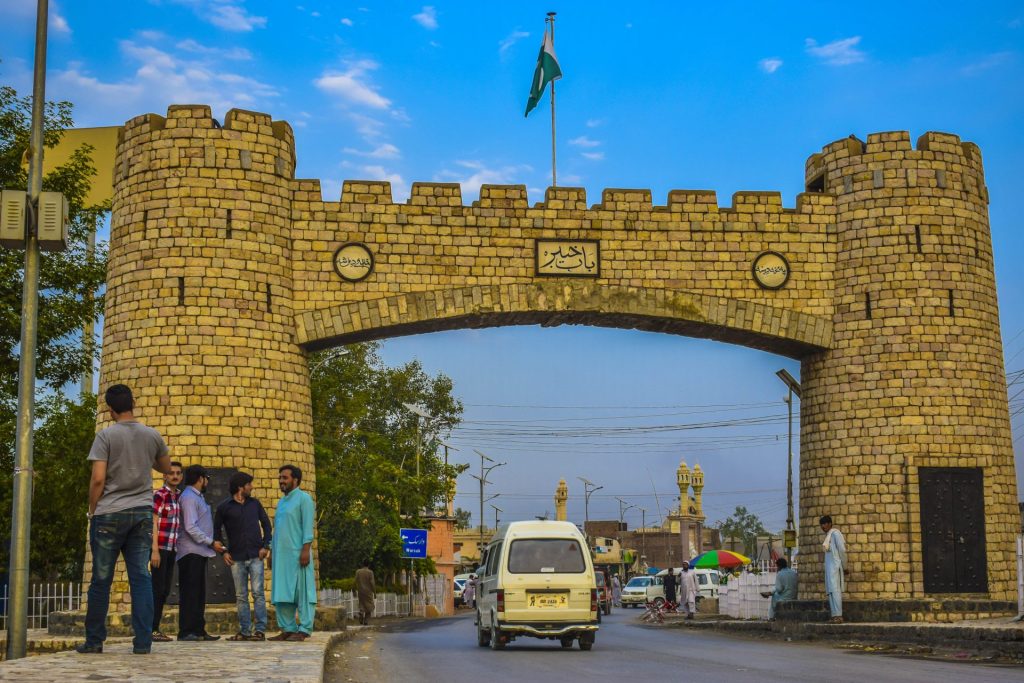The federal government’s recently published white paper has unveiled alarming levels of corruption, mismanagement, and systemic failures in Khyber Pakhtunkhwa (KP), raising pressing concerns about the province’s governance and accountability.
This document outlines a disturbing pattern of financial irregularities, from inflated project costs and ghost employees to embezzlement in social welfare programs. Infrastructure projects that were once celebrated as game-changers have either stalled or been completed at exorbitant costs, far exceeding their initial budgets.
Hospitals in KP suffer from shortages of essential medicines, while schools face delays in teacher recruitment and resource provision, despite significant budgetary allocations. Furthermore, ghost employees continue to receive salaries, depleting public funds while providing no real benefit to the people.
These issues are compounded by flawed procurement practices, with lucrative contracts reportedly awarded to politically connected entities without following due process, resulting in substandard work and inflated costs. The absence of strong financial oversight has allowed corruption to fester unchecked, leaving public institutions unable to fulfill their responsibilities effectively.
The revelations in this white paper are not merely a political ploy; they reflect a deep-rooted governance crisis that requires immediate redress. The misuse of funds and lack of accountability directly undermine public welfare. While KP has made some strides in governance over the years, these gains are now overshadowed by the stark realities exposed in this report. It is crucial to understand that corruption is not a victimless crime; it directly affects millions of citizens.
In KP, where developmental challenges are already significant, such mismanagement exacerbates poverty and reduces access to essential services, further marginalizing vulnerable populations. This behavior has also emboldened elements like the TTP and other miscreants, who exploit these systemic weaknesses to destabilize the region further.
Blaming Pakistan’s security forces for these issues is both counterproductive and misleading. The army and other institutions have been at the forefront of efforts to maintain stability in the region, often at great personal and financial cost.
Over 80,000 Pakistanis, including civilians and security personnel, have lost their lives in the fight against terrorism, a fact that underscores the country’s commitment to regional peace. Yet, this narrative is conveniently ignored by those who seek to deflect attention from their own failures.
Instead of pointing fingers, the KP administration must reflect on its shortcomings and take immediate corrective measures. This includes establishing independent audits, enhancing transparency in procurement processes, and introducing whistleblower protections to encourage the reporting of malpractices.
The KP government must also acknowledge the long-term impact of its mismanagement on public trust. Citizens rely on their leaders to ensure that public resources are used judiciously and that policies prioritize the greater good.
The revelations in the white paper have not only highlighted the misuse of these resources but have also raised questions about the province’s ability to govern effectively. While political rivalries may influence the timing and tone of the white paper, the facts it contains demand attention.
Corruption cannot be justified or ignored, regardless of political affiliations or circumstances. It is a shared responsibility to ensure that governance is transparent, accountable, and focused on the welfare of the people.
Moreover, the people of KP deserve better. They have placed their trust in their leaders, expecting them to address long-standing issues such as poverty, unemployment, and inadequate infrastructure. These challenges require a coordinated and sincere effort, free from the influence of corruption and mismanagement.
The white paper is not just a critique; it is a wake-up call for the KP administration and all stakeholders involved. It is an opportunity to rebuild trust, implement meaningful reforms, and set a precedent for good governance in the province and beyond.
The federal government’s findings should serve as a foundation for dialogue and collaborative efforts to address these issues comprehensively. Corruption must not define the future of Khyber Pakhtunkhwa or Pakistan. Instead, this moment should inspire action, accountability, and a renewed commitment to the people who deserve transparent and effective governance.


